Staying socially connected becomes increasingly important as adults move through their 50s and beyond, not only for emotional well-being but also for maintaining cognitive health and a strong sense of belonging. Participating in community activities helps reduce loneliness, encourages physical movement, promotes mental stimulation, and supports meaningful friendships. In many towns and cities, there are now more programs designed to meet the needs and interests of adults over 50, making it easier than ever to stay active and engaged. Whether someone prefers quiet hobbies, lively group gatherings, or opportunities to learn something new, there are plenty of ways to feel connected and valued. This list highlights eight enjoyable and accessible activities that help adults build relationships, discover passions, and strengthen community involvement. Each activity offers a chance to form real connections while keeping life enriching and enjoyable at any stage.
1. Community Walking Clubs
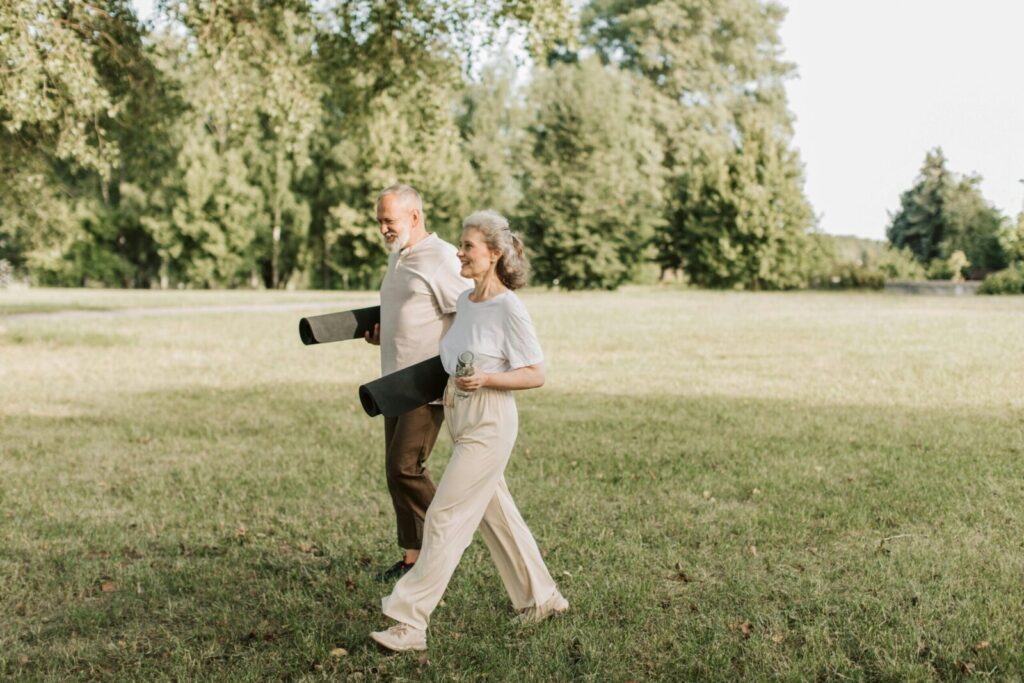
Community walking clubs provide a low-impact but highly rewarding way for adults over 50 to stay active, maintain heart health, and enjoy the outdoors in the company of others. These groups often meet weekly or several times a week at parks, nature trails, or town centers, making it easy to join regardless of fitness level. The shared commitment to movement encourages consistency, while the relaxed pace allows for conversations and new friendships to grow naturally. Walking with others also promotes safety and motivation, turning exercise into a fun social habit. Members often develop a sense of routine and camaraderie that supports both physical and emotional wellness.
2. Book Discussion Groups
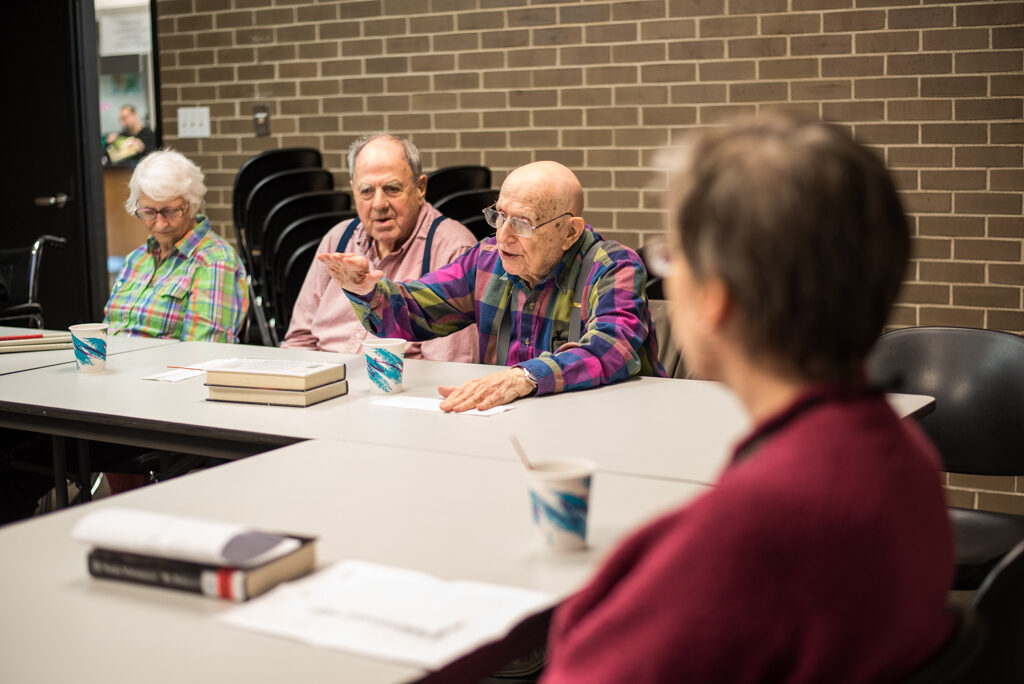
Book discussion groups provide an opportunity to explore new genres, share perspectives, and engage in stimulating conversations. Many communities host book clubs through libraries, community centers, or neighborhood groups, making them accessible and welcoming for everyone. These gatherings encourage critical thinking and offer a meaningful way to connect through shared interests. Participants often discover new authors, strengthen communication skills, and enjoy lively yet respectful discussions. Regular reading also supports memory and mental agility, while the social environment fosters a sense of belonging. Book clubs can be themed, casual, or structured, allowing readers to choose the type of group that best suits their style.
3. Community Gardening Programs
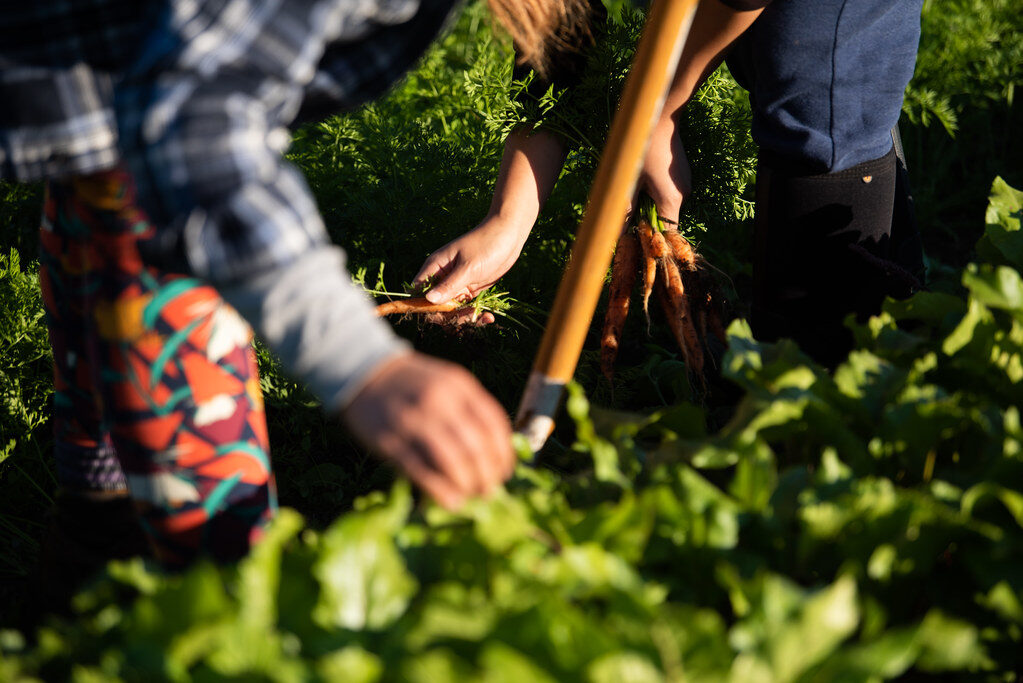
Community gardening programs help adults over 50 connect with nature, meet neighbors, and contribute to projects that benefit the entire community. Participants may grow flowers, herbs, or vegetables, enjoying the satisfaction of nurturing something from the ground up. Gardening provides gentle physical activity and helps reduce stress through fresh air and quiet moments outdoors. Working alongside others fosters teamwork and creates opportunities for shared learning and conversation. Many programs donate produce to local shelters or food banks, allowing participants to make a positive impact. The combination of creativity, cooperation, and nature makes community gardening both fulfilling and socially enriching.
4. Arts and Crafts Workshops
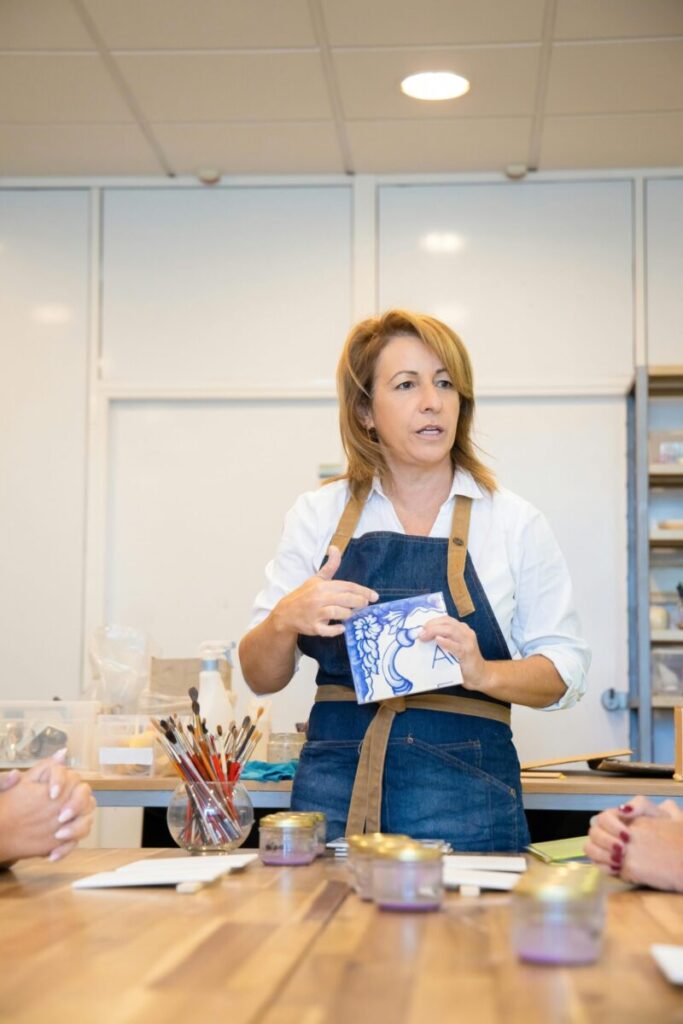
Arts and crafts workshops provide a creative outlet for individuals who want to express themselves through hands-on activities. These workshops may include painting, pottery, knitting, jewelry making, or seasonal craft sessions led by local artists or community educators. The relaxed atmosphere encourages conversation and the sharing of techniques, allowing participants to form connections through creativity. Engaging in artistic activities also boosts cognitive function, supports fine motor skills, and provides a sense of accomplishment. Many workshops conclude with group showcases or small exhibitions, further strengthening community pride and involvement. These activities suit both beginners and experienced crafters alike.
5. Local Volunteer Programs

Local volunteer programs give adults over 50 a meaningful way to contribute their time, skills, and experience to the community. Opportunities may include helping at food banks, supporting local events, mentoring young people, or assisting in schools and libraries. Volunteering not only benefits the organizations involved but also gives participants a strong sense of purpose and fulfillment. Working with others toward a shared goal promotes teamwork and encourages new friendships. Many volunteers find that the experience enhances their confidence and keeps them active both socially and mentally. Volunteering is flexible and can be adapted to various interests, making it ideal for building lasting connections.
6. Fitness and Wellness Classes

Fitness and wellness classes provide a fun and structured way for individuals to maintain health while connecting with others. Options may include yoga, low-impact aerobics, tai chi, stretching sessions, or aquatic exercises designed to be gentle on the joints. These classes are often tailored to different fitness levels, ensuring inclusivity and safety. Exercising in a group environment helps boost motivation, accountability, and social interaction. Many instructors incorporate relaxation and breathing techniques that support stress reduction and overall well-being. Beyond the physical benefits, wellness classes foster a positive and supportive community that encourages a healthy, active lifestyle.
7. Cooking Clubs and Potluck Groups

Cooking clubs and potluck groups bring people together through shared meals and cultural food traditions. Adults over 50 can participate by preparing dishes, exchanging recipes, and learning new cooking techniques. These gatherings create a warm and welcoming environment where participants can socialize, taste a variety of cuisines, and celebrate food as a form of connection. Cooking together promotes creativity and encourages healthier eating habits. Many groups also incorporate themes such as international nights or seasonal ingredients, adding fun and variety to each meeting. The shared dining experience strengthens relationships and makes mealtimes enjoyable and meaningful.
8. Lifelong Learning Classes
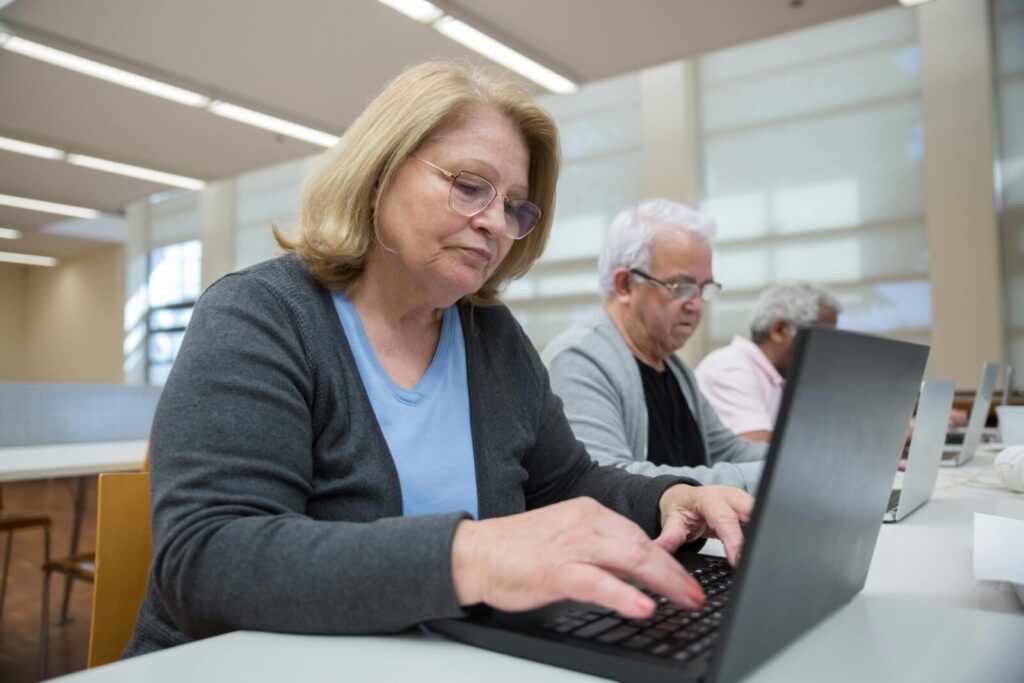
Lifelong learning classes allow individuals to explore new skills, hobbies, and areas of knowledge through structured courses offered by community centers, universities, or online platforms. Topics may range from technology and languages to history, finance, and creative writing. These classes encourage mental activity, curiosity, and personal growth. Learning alongside peers creates a supportive atmosphere where participants can ask questions, share experiences, and build friendships. Many institutions offer discounted rates, making education more accessible. Engaging in continuous learning fosters confidence, keeps the mind sharp, and provides a meaningful way to stay active within the community.
Comments